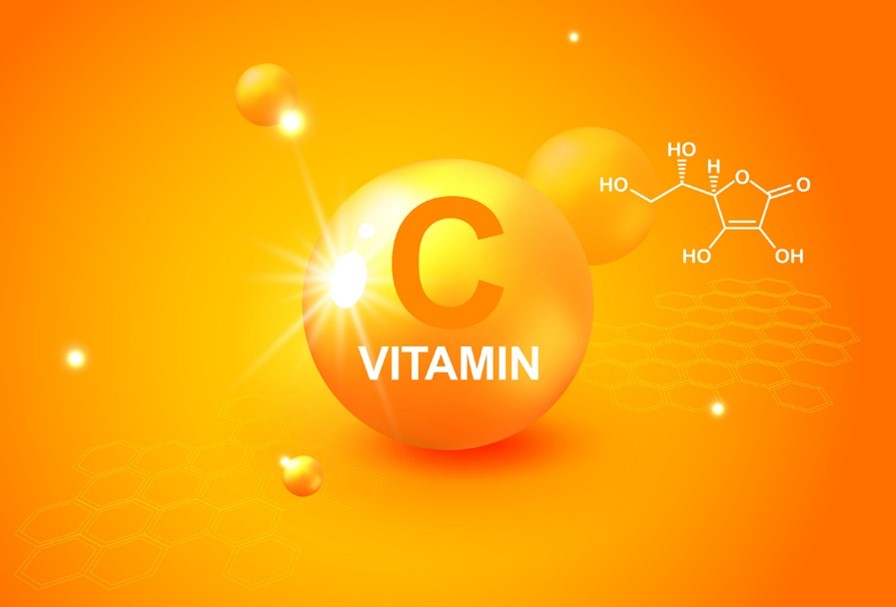2024-11-05
Vitamin D: a new approach to overcoming chemoresistance in prostate cancer
Oncology
Castration-resistant prostate cancer (CRPC) presents a major therapeutic challenge in men due to the resistance that develops against standard treatments like docetaxel. Therefore, finding approaches to overcome this chemoresistance is a top priority. In this context, researchers are investigating vitamin D, known for its anti-inflammatory and anticancer properties.
This article explores the impact of vitamin D analogues (Xe4MeCF3) on docetaxel efficacy and chemoresistance in prostate cancer.
To evaluate the efficacy of Xe4MeCF3, researchers used docetaxel-resistant prostate cancer cell lines, as well as 3D spheroid models to simulate the tumor microenvironment. Xe4MeCF3 was tested alone and in combination with docetaxel.
The results of this study indicate:
By specifically targeting CRPC progression pathways, Xe4MeCF3, combined with docetaxel, represents a promising therapeutic approach for CRPC patients. Xe4MeCF3 has shown superior efficacy not only in restoring sensitivity to docetaxel but also in inhibiting tumor growth, with a broader therapeutic window. However, additional clinical trials are necessary to validate this strategy and pave the way for innovative treatment options for CRPC.
This article explores the impact of vitamin D analogues (Xe4MeCF3) on docetaxel efficacy and chemoresistance in prostate cancer.
What effect does Xe4MeCF3 have on CRPC cells?
To evaluate the efficacy of Xe4MeCF3, researchers used docetaxel-resistant prostate cancer cell lines, as well as 3D spheroid models to simulate the tumor microenvironment. Xe4MeCF3 was tested alone and in combination with docetaxel.
The results of this study indicate:
- An enhanced expression of the vitamin D receptor at doses 100 times lower than those of natural vitamin D;
- A restoration of sensitivity to docetaxel. The combination of Xe4MeCF3 and docetaxel overcomes initial treatment resistance by stimulating a specific cytotoxic response in tumor cells.
- A reduction in tumor growth in the context of resistance. In combination with docetaxel, Xe4MeCF3 significantly reduces tumor size and increases apoptosis markers, demonstrating potential clinical application.
- Targeting key signaling pathways involved in hypoxia and androgen signaling, further enhancing the impact of Xe4MeCF3 on disease control.
By specifically targeting CRPC progression pathways, Xe4MeCF3, combined with docetaxel, represents a promising therapeutic approach for CRPC patients. Xe4MeCF3 has shown superior efficacy not only in restoring sensitivity to docetaxel but also in inhibiting tumor growth, with a broader therapeutic window. However, additional clinical trials are necessary to validate this strategy and pave the way for innovative treatment options for CRPC.

Last press reviews
Vaccine vs. SMC: rivals or partners?

#MalariaVaccine #R21MatrixM #Malaria #Vaccination #SMC #InsecticideTreat...
A race against time for a vaccine?

#PfSPZ #Vaccination #Malaria #Immunogenicity <br><br><br>...
Birch allergy: could one shot change everything?

#AllergicRhinoconjunctivitis #IgG4 #Allergoid #BirchPollen #Immunotherap...